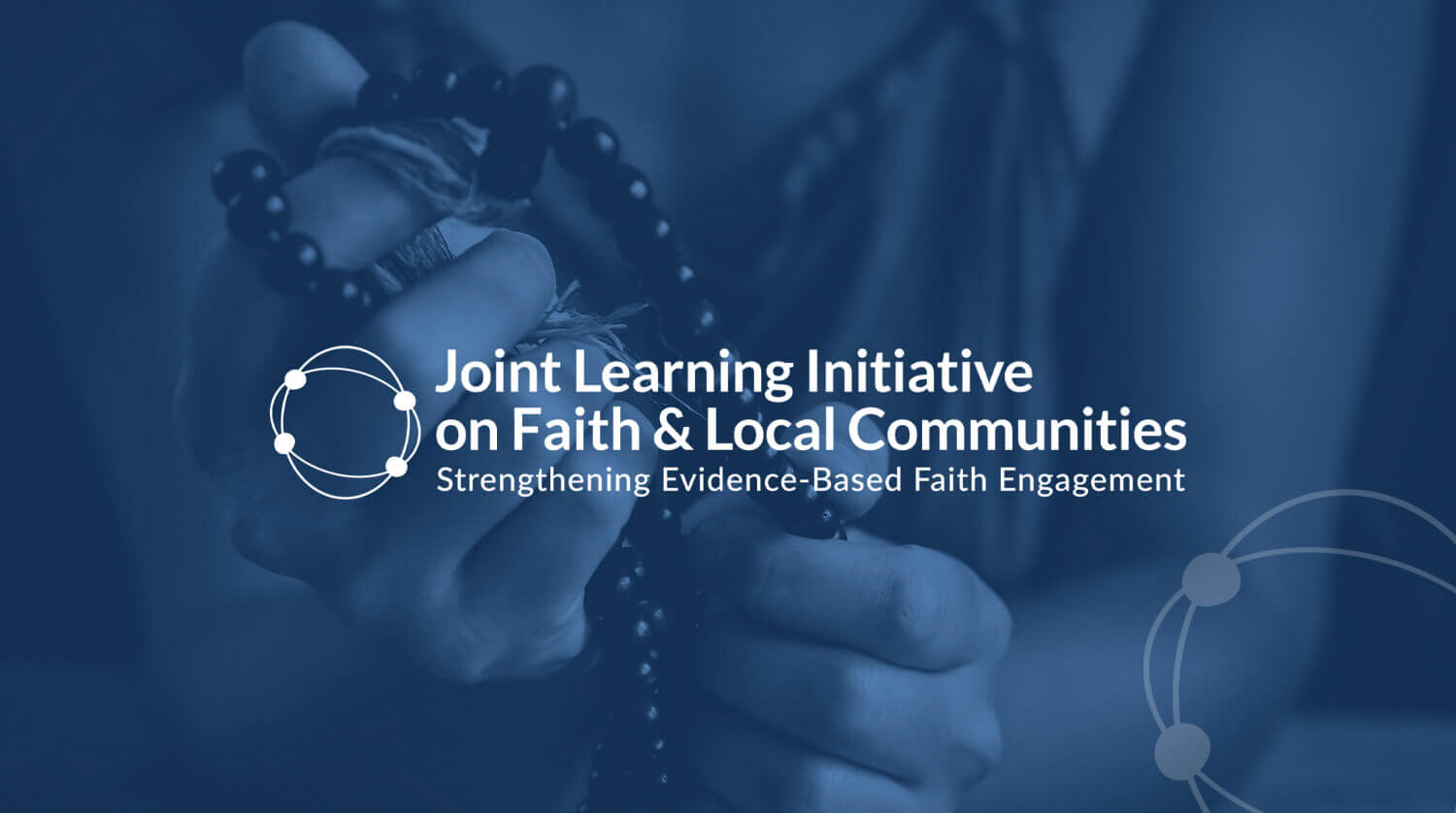In early September, religious leaders and champions from 18 Eastern and Southern African countries gathered to discuss the fast track agenda for accelerated implementation of he response to the AIDS epidemic. A Call-to-Action was issued at the conference, which religious leaders and faith-based organizations are invited to sign online here: http://www.cabsa.org.za/content/call-action-religious-leaders-and-champions-support-fast-track-agenda-towards-ending-aids-ep
The full text of the Call-to-Action is below.
We, the religious leaders and champions from 18 Eastern and Southern Africa countries gathered at the Kundunchi Beach Hotel in Dar-es-Salam, Tanzania on the 2nd to the 4th of September 2015. We met to deliberate on the fast track agenda for accelerated implementation of the response to the AIDS epidemic. We acknowledge that:
- We are endowed with social capital in our communities;
- We have a responsibility to uphold human dignity and protect life;
- People look to us for love, compassion acceptance and holistic support;
We acknowledge that important strides have been made to address the HIV epidemic; there has been a significant reduction of new HIV infections in most countries; substantial increase in the numbers of people who know their HIV status; an increase in access to HIV treatment and in domestic financing for the HIV response. However, we are concerned that the region continues to bear a high HIV burden particularly among young girls and women. Key populations have not been fully integrated within our faith sector response. Sexual and gender based violence continue to affect families. Inequality persists in access to treatment especially for children. And too many people living with HIV continue to experience stigma and discrimination.
We fully support the fast track targets and commit to advocate for robust action and sustained funding for the HIV response and actively participate in implementing targeted and effective programmes. We will partner with our governments to implement the fast track agenda. We will hold ourselves, our governments and development partners accountable to invest in expanded access to HIV testing and ART for all in need. We will mobilize our religious communities to take up voluntary HIV testing and help people stay on treatment. We will support through our health networks national efforts to scale up of HIV prevention and treatment services including SRHR services. We further commit to implement proven intervention in support to those who are HIV negative, comprehensive sexuality education and SRH services.
We affirm that all human beings are equal before God and should be treated with dignity and respect regardless of age, gender and sexual orientation. We commit to engage all stakeholders at local, national, regional and global levels to address stigma and discrimination and scale up programs, resources and strategies to attain the fast track targets. We will take action to address misinterpretation of religion, culture and sacred texts that hinder the HIV response
We call upon all faith based organisations, religious and traditional leaders, civil society organisations, United Nation System, all government agencies and regional economic entities to implement the fast track agenda on HIV and AIDS in order to attain 90-90-90 targets by 2020. We believe that these are the necessary steps needed to create a transformative society, achieve zero new HIV infections and zero stigma and are essential for sustainability.






